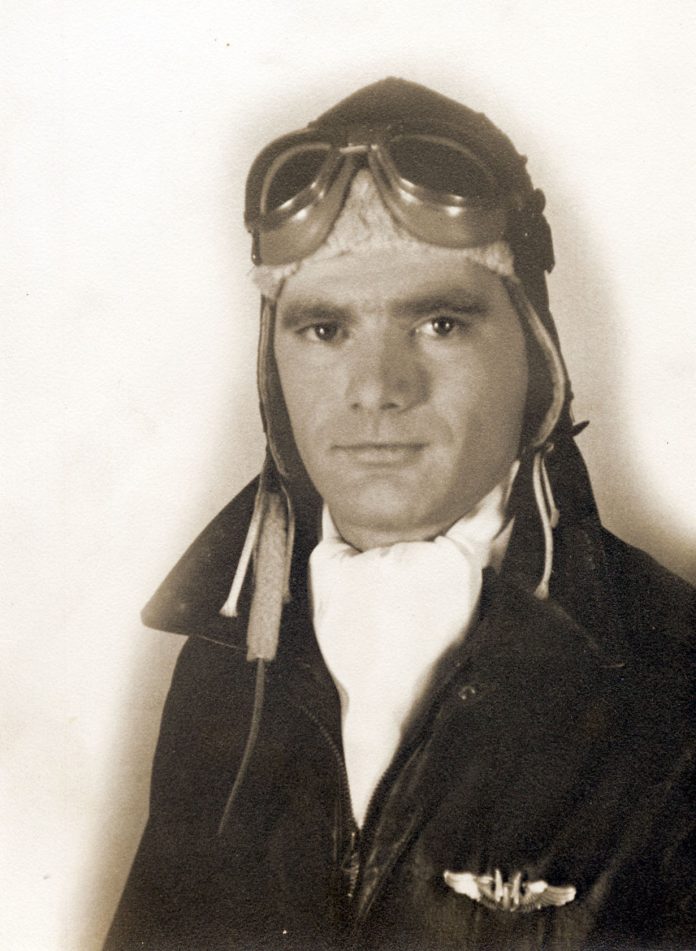On a warm spring afternoon 22 years ago, my dad and I sat chatting on the lawn outside a clinic where my mother, who suffered from early onset Alzheimer’s Disease, was having an MRI. My dad had been her caregiver for nearly 10 years. During a lull in our conversation, he took his worn leather wallet from his pocket and, from between two old photographs, he pulled out a lock of hair. “I think it’s time I told you about Helen…” he began.
On December 7, 1941, when Japan attacked Pearl Harbor, America was thrust into a war it had sought to avoid. My father, along with thousands of other young men, joined the military and went to fight for his country.
It wasn’t the first time in our family a man put his life on hold to go off to war. My great-grandfather fought for the Union Army in the Civil War. Theodore Hoover joined the the Illinois volunteers when he was 18 years old. Injured in the Battle of Drewry’s Bluff in May 1862, he came home to manage his farm and support a family without the use of one arm. He was one of the lucky ones; 14 Union men who saw battle that day never made it home.
For my father, there was no question that he would enlist. He joined what was then the Army Air Corps and flew in fighter aircraft engaging in aerial combat. Old pictures show he was handsome in his uniform. But when someone goes to war, whether it was the Civil War or Afghanistan, lives are forever altered. And his life was one of them.
Daddy was a young farm boy in Kansas when he enlisted, and the family farm had seen hard times. The country’s mobilization for war was going to finally lift America—and my father’s family—out of the Great Depression.
Before he left, my dad bid farewell to family and to a special girl: Helen. Helen and my dad were “sweet” on each other, as the old saying goes. She was the younger sister of his high school buddy, and before my dad left, he asked her to wait for him. She gave him her promise along with a lock of her hair.
My dad eventually received a letter from Helen. She wrote that she shouldn’t have made that vow, and she wouldn’t hold him to his promise to marry her. Helen confided she could never bear children, and she didn’t want to deny him the opportunity to be a dad.
Communication during war was difficult. There were opportunities for a quick phone call home to hash things out. Believing he’d received a “Dear John” letter, he was crushed. And he never wrote back.
Some 50 years later, after he’d met and married my mother and raised my brother and me, he told me about Helen. He said he’d never forgotten her after all those years; although he dearly loved my mother, a man never forgets his first love.
Helen married someone else and made a life with him, her brother told my dad at a class reunion many years later. Her confession about her inability to have children was true, and she was brokenhearted when she never again heard from my dad. My father’s first love had passed away and was buried back in their little hometown in Kansas.
In 2003, we laid my dad to rest in a beautiful military burial. He was a quiet man with a gentle spirit, and I know there were things he must have felt and witnessed during the war that he kept inside and never talked about. But I was glad he finally told me about Helen.
This Memorial Day, I’ll be thinking of this story and remembering my dad and countless other American men and women who, through the years, sacrificed bits and pieces of their lives to keep our nation free.
Undoubtedly, war changes lives. For me, it created mine.
Gale Hoover Hammond lives in Morgan Hill.








